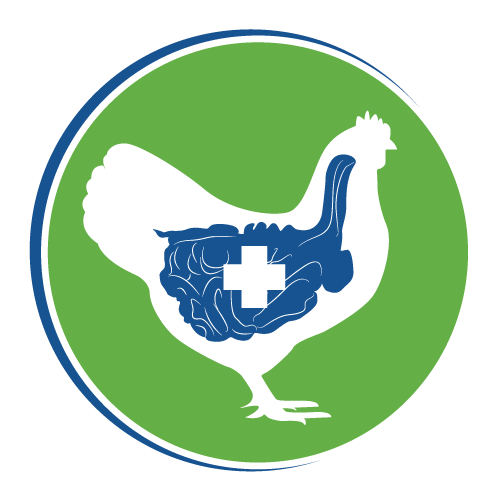Intestinal Health – Nutritional
Intestinal Health Intestinal health is an intricate and complex area combining nutrition, gut microbiota, immunology, and physiology. When intestinal health is compromised for whatever reason, digestion and nutrient absorption are affected which, in turn, can have a detrimental effect on feed intake and conversion leading to economic loss and a greater susceptibility to diseases. In…








